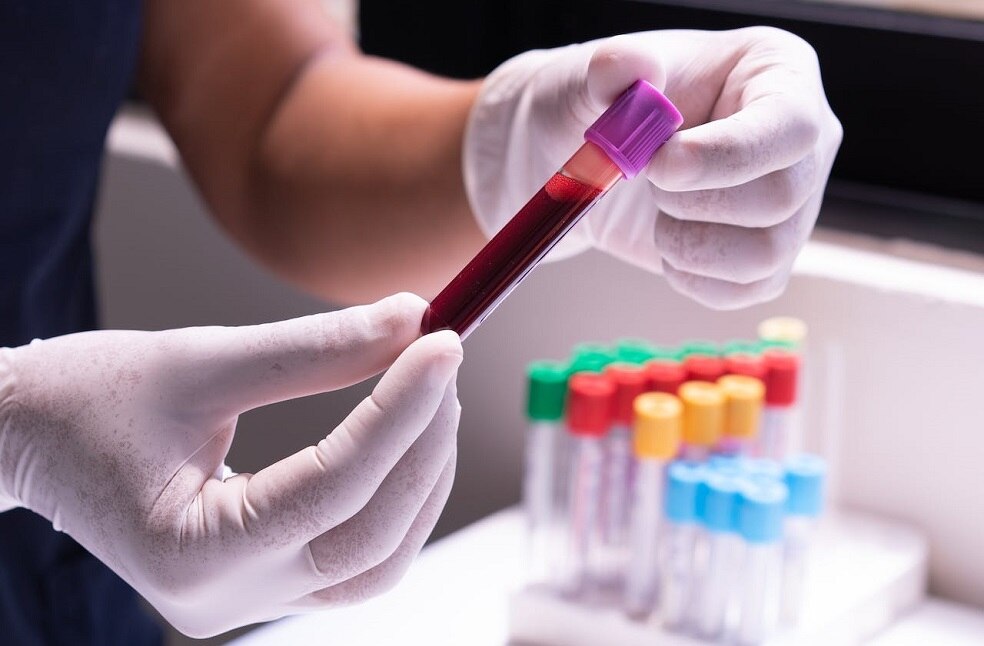London, UK: A new study has found that blood tests can early detect Crohn’s disease. It is an inflammatory bowel disease (IBD) that causes chronic inflammation of the GI tract. There is currently no cure for this disease, but early detection can prevent the development of severe bowel damage.
Researchers from the Francis Crick Institute in the UK and Aalborg University in Denmark analysed over a ten-year period the results of some 20,000 IBD patients prior to diagnosis.
They examined 17 different biomarkers in the body, including markers for inflammation and levels of minerals such as iron, searching for subtle changes. The scientists spot changes that started some eight years ahead of the diagnosis of Crohn’s disease and three years ahead of the diagnosis of ulcerative colitis, another type of IBD.

Although the researchers acknowledge that these biomarkers have only a “modest” predictive capacity for inflammatory bowel diseases like Crohn’s, their study highlights how early these diseases can initiate bodily changes. This marks a notable advancement in the quest for earlier and more precise diagnostic tests.
“Our research shows that the bowel damage we’re seeing at the point of diagnosis is just the tip of the iceberg,” remarked immunologist Mr. James Lee, from the Francis Crick Institute.

“So many changes are subtly taking place in the body before the disease takes hold. This has huge implications for prevention as it highlights that there’s a window of opportunity for treatment,” Mr. Lee added.
In addition to developing discoveries into better treatments for Crohn’s and similar diseases, scientists are constantly researching the exact origins of these conditions. The new research could be helpful in this regard.



